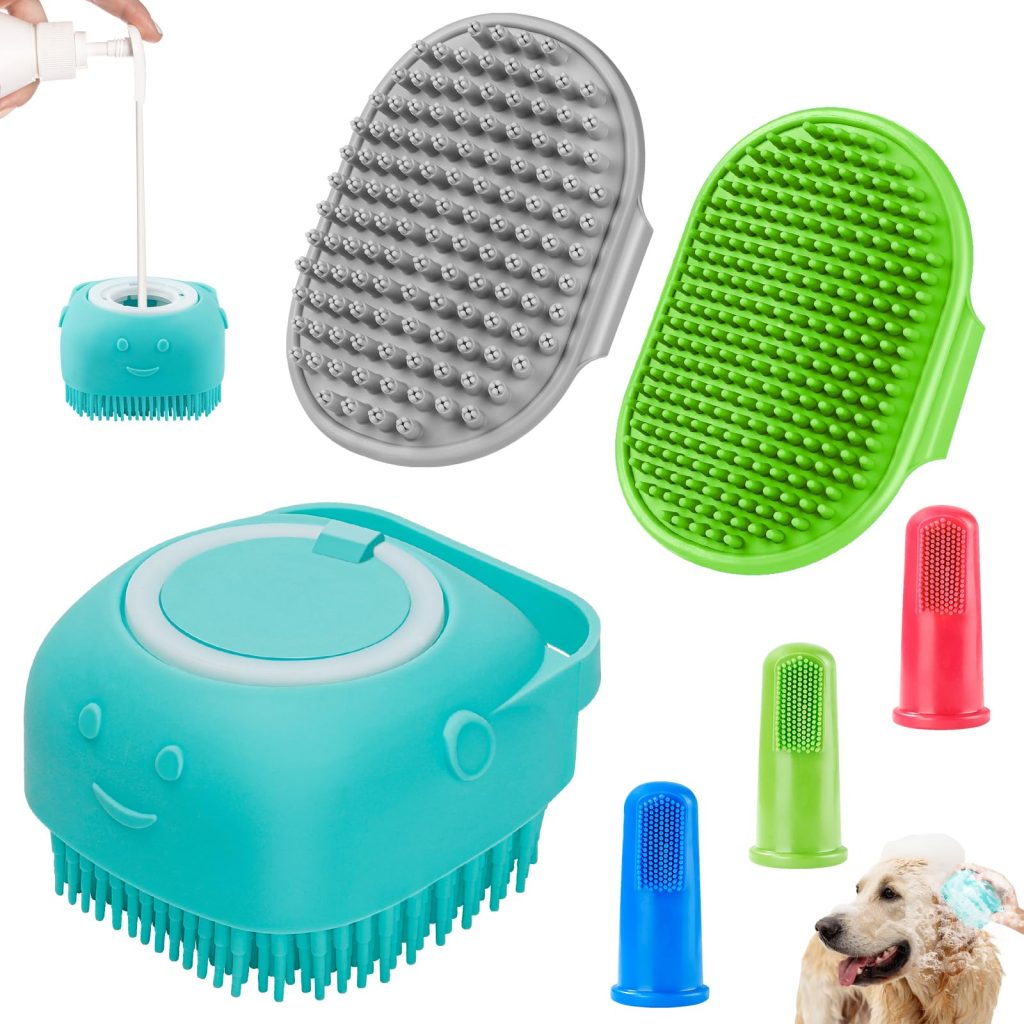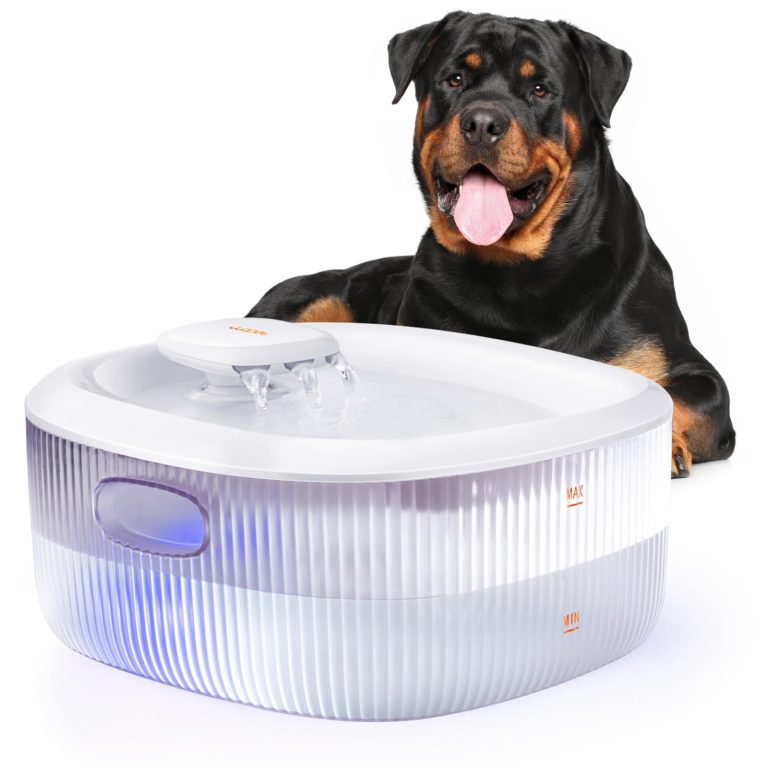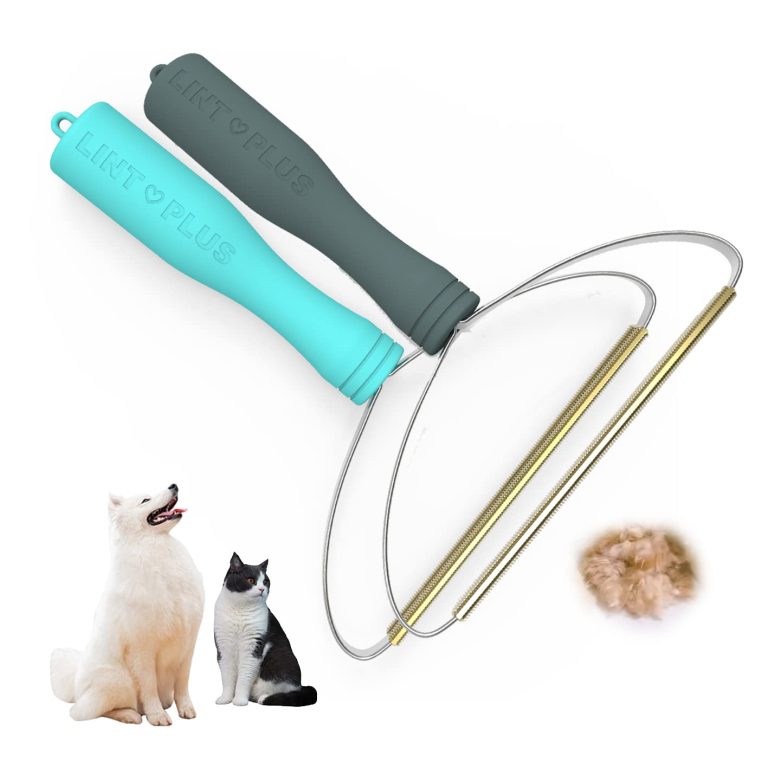Positive Reinforcement Training – Building a Healthy Bond with Your Dog

Positive reinforcement training is not only a powerful method for teaching dogs obedience and good behavior, but it is also a fantastic way to build a strong and healthy bond with your beloved furry friend. In this article, we will explore some essential aspects of canine health and discuss how positive reinforcement training can contribute to the overall well-being of your dog.
Exercise Requirements
Regular exercise is important for maintaining your dog’s physical and mental health. The amount of exercise required may vary depending on your dog’s breed, age, and overall health. However, most dogs benefit from at least 30 minutes to 2 hours of exercise every day.
Engaging in activities such as walking, running, playing fetch, or participating in dog sports not only helps keep your dog fit but also provides mental stimulation, reduces behavioral problems, and prevents obesity.
Common Health Issues and Treatments
Just like humans, dogs can experience various health issues throughout their lives. Being aware of common health problems can help you identify symptoms early and seek appropriate veterinary care. Some frequent health issues in dogs include:
- Ear infections: Can be caused by allergies, foreign objects, or moisture. Treatment may involve cleaning the ears and administering antibiotics or antifungal medications.
- Periodontal disease: Dental problems are prevalent in dogs, resulting in bad breath, tooth loss, and discomfort. Regular tooth brushing and professional dental cleanings can prevent and treat periodontal disease.
- Fleas and ticks: These pesky parasites can cause itching, skin irritation, and transmit diseases. Using preventive measures such as monthly topical treatments or oral medications can protect your dog from these pests.
- Obesity: Being overweight can lead to various health issues such as joint problems, heart disease, and diabetes. Maintain a balanced diet and ensure your dog gets enough exercise to prevent obesity.
- Joint problems: Conditions like arthritis and hip dysplasia are common in dogs, especially in older age. Provide a comfortable sleeping area, consider joint supplements, and consult your veterinarian for appropriate pain management options.
- Allergies: Dogs can develop allergies to certain foods, environmental factors, or substances. Identifying and eliminating allergens can help manage these allergies, and your vet may prescribe medications if necessary.
Dental Care
Proper dental care is vital for maintaining your dog’s overall health. Poor oral hygiene can result in bad breath, gum disease, tooth loss, and even systemic infections. Here are some dental care tips for dogs:
- Regular Toothbrushing: Brushing your dog’s teeth with a canine toothbrush and toothpaste designed for dogs helps remove plaque and tartar. Start slowly and make it a positive experience for your dog.
- Dental Chews and Toys: Providing appropriate dental chews or toys can help clean your dog’s teeth and stimulate their gums effectively.
- Professional Dental Cleanings: Regular veterinary dental cleanings are necessary to remove plaque and tartar that cannot be removed through regular brushing alone.
Age-Related Health Changes
As dogs age, they go through various physiological changes. Understanding these changes allows you to provide the appropriate care and support for your senior dog. Some common age-related health changes include:
- Decreased activity level: Older dogs may become less active and require shorter or less intense exercise.
- Joint problems: Arthritis and other joint-related issues are more common in older dogs. Consult your veterinarian for pain management options.
- Weight management: Older dogs may have a slower metabolism, which can lead to weight gain. Adjust their diet as necessary to maintain a healthy weight.
- Dental Issues: Senior dogs may be more prone to dental problems. Regular dental check-ups and professional cleanings are essential.
Mental Stimulation
Just like physical exercise, mental stimulation is important for your dog’s well-being. Mental stimulation helps prevent boredom, reduces destructive behaviors, and keeps your dog’s mind active. Some ways to provide mental stimulation for your dog include:
- Puzzle Toys: These toys require your dog to solve puzzles or manipulate them to access treats. They provide mental exercise and entertainment.
- Obedience Training: Teaching your dog new commands and tricks engages their brain and strengthens the bond between you and your furry friend.
- Scent Work: Dogs have an incredible sense of smell. Engage your dog in games or activities that encourage them to use their nose.
- Food Dispensing Toys: These toys dispense food when your dog interacts with them, creating mental stimulation while satisfying their hunger.
Preventive Care
Preventive care is one of the most important aspects of maintaining your dog’s health. Regular veterinary check-ups, vaccinations, parasite prevention, and practicing good hygiene are essential for preventing diseases and ensuring your dog’s well-being.
Additionally, monitoring your dog’s behavior and appearance daily can help detect any changes or early signs of health issues. This allows for prompt veterinary intervention before the condition worsens.
Remember that each dog is unique, and their individual health needs may vary. Consult with your veterinarian to develop a personalized health care plan that suits your dog’s specific requirements.







